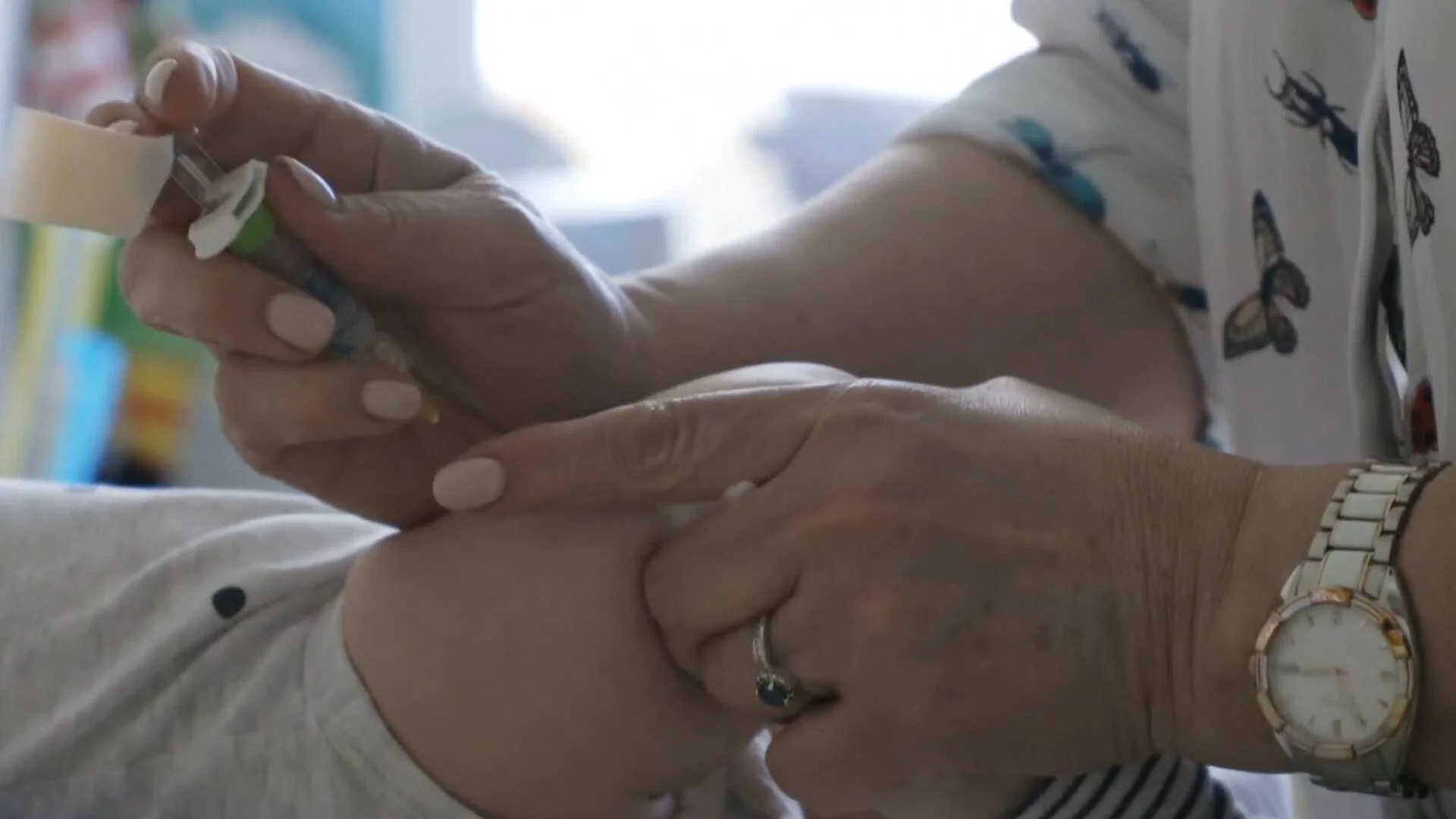A U.S. government advisory committee has reignited debate over thimerosal, a mercury-based preservative once widely used in vaccines. The discussion, led by the Centers for Disease Control and Prevention’s Advisory Committee on Immunization Practices (ACIP), could lead to significant changes in vaccine policy and manufacturing standards.
🔬 What is Thimerosal?
Thimerosal is a compound that contains ethylmercury and has been used as a preservative in some vaccines since the 1930s. Its main role has been to prevent bacterial and fungal contamination, especially in multi-dose vials. It is not the same as methylmercury—the type of mercury found in seafood—which is known to be more harmful to humans.
Over the years, thimerosal has been largely removed or reduced to trace amounts in most vaccines for children in the U.S. However, it is still used in certain flu vaccines and in some vaccines distributed internationally, particularly in regions where refrigeration and single-dose packaging are not feasible.
🏛️ Why It’s Back in the Spotlight
The renewed focus comes amid discussions around global vaccine access and manufacturing practices. The ACIP is evaluating whether thimerosal-based vaccines should still be included in the U.S. stockpile for emergency use, especially during pandemics or supply shortages.
The committee’s goal is to ensure vaccines remain both safe and accessible. While thimerosal has been deemed safe by multiple scientific reviews, public perception and global health trends are driving the call for reassessment.
👩⚕️ What Health Experts Are Saying
Medical professionals continue to emphasize that no credible scientific evidence links thimerosal in vaccines to long-term health risks. Numerous studies over the past two decades have failed to show any connection between thimerosal and neurological conditions such as autism.
Still, health officials acknowledge that public confidence in vaccine ingredients is as important as the science itself. By reviewing and potentially phasing out thimerosal even further, they hope to promote broader acceptance of immunization.
🌍 Global Impact and Equity
One key issue the CDC panel is weighing is how a shift away from thimerosal might affect vaccine availability worldwide. In many low- and middle-income countries, thimerosal-containing vaccines are essential due to cost and storage limitations. Removing them entirely could complicate global vaccination efforts unless affordable alternatives are provided.
The World Health Organization has consistently stated that thimerosal is safe for use in vaccines and remains critical to global immunization programs.
🔄 What Could Change
Although no final decision has been made, the committee may recommend:
- Reducing reliance on multi-dose vials that require thimerosal.
- Increasing production of single-dose, preservative-free vaccines.
- Working with manufacturers to accelerate innovation in vaccine packaging and preservation.
- Updating public health communications to clarify the safety and role of vaccine ingredients.
📌 The Bigger Picture
The thimerosal debate is part of a broader effort to modernize vaccine development, manufacturing, and public outreach. As new vaccine technologies emerge—like mRNA platforms and thermostable formulations—some legacy ingredients may be phased out in favor of more advanced solutions.
This moment represents a balance between scientific evidence, public trust, and global health logistics.
✅ Final Thoughts
The CDC’s re-evaluation of thimerosal doesn’t signal a crisis—it reflects the evolving landscape of vaccine science and public expectations. With transparency, innovation, and equity at the center, any changes made will aim to strengthen confidence in immunization while continuing to protect lives around the world.
As the conversation continues, health authorities remain clear: vaccines are safe, effective, and essential—and the ingredients used in them are under constant review to ensure they meet the highest standards of safety and trust.















Leave a Reply